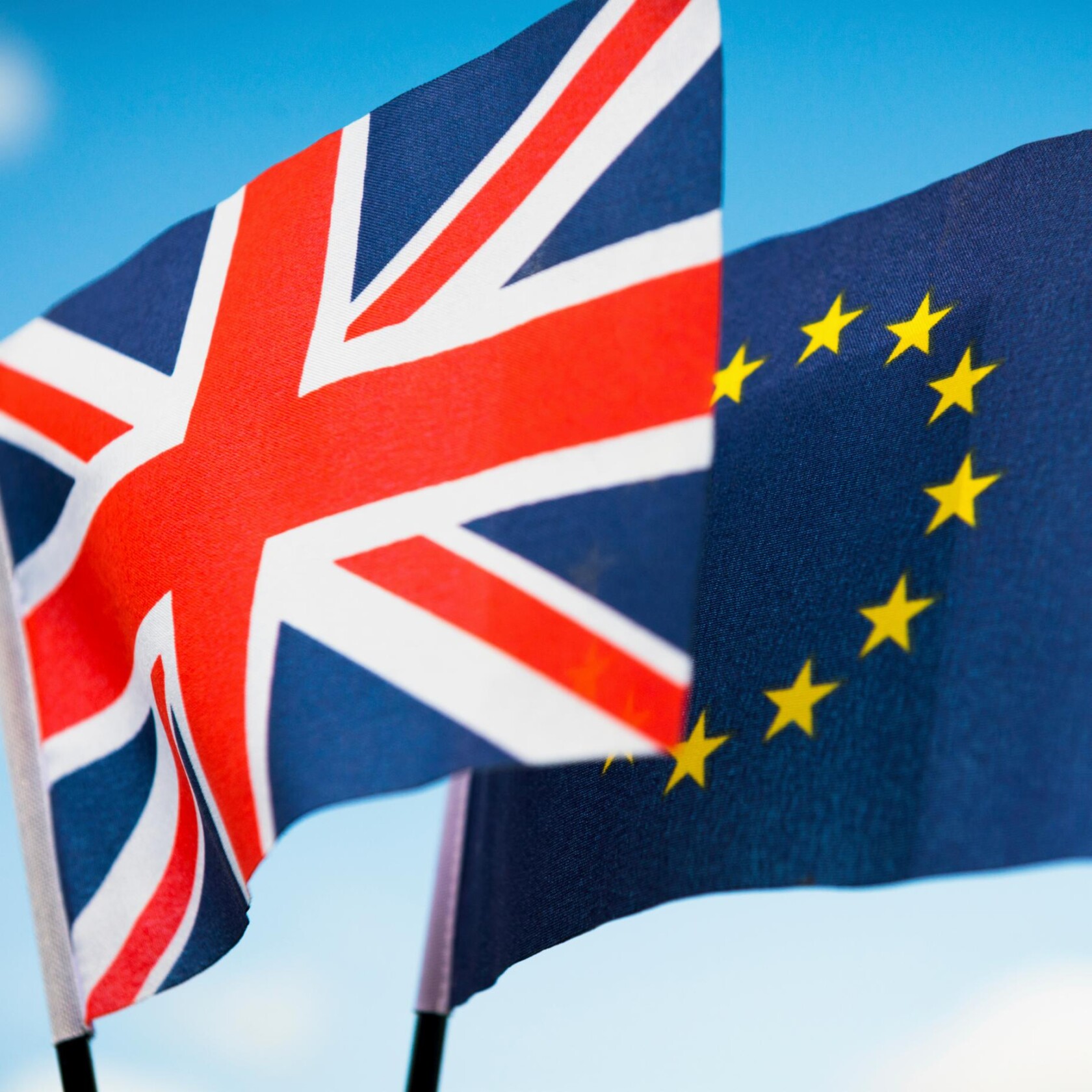
A British vote to leave the European Union (EU)—the Brexit referendum issue scheduled for a vote on June 23, 2016 — would have a significant effect on intellectual property right-holders, such as manufacturers doing business in Europe, as IP rights are governed by numerous EU regulations. Bearing in mind the intricate economic relationship between the UK and the EU, the British government would likely apply transitional provisions to the EU-wide IP rights currently in place in the event Brexit occurs. As the referendum date comes closer and the Brexit debate gains momentum, this blog explores the possible outcomes for IP rights holders if the UK were to leave the EU.
European Union Trade Marks (EUTMs)
A UK exit from the EU will likely have a major effect on EUTMs. Currently, IP owners engaged in business in the UK have access to national protections through the UK Intellectual Property Office as well as EU-wide rights via the European Union Intellectual Property Office. . Following Brexit, however, EUTMs would not be valid in the UK. Consequently, current trademark-holders would have to register for national trademark protections in order to maintain their rights in the UK. Furthermore, existing registrations that had been used only in the UK could become the subject of revocation for non-use post-Brexit, because their owners would not be able to prove use in the EU.
Registered Community Designs (RCDs)
Similarly, many manufacturers may have taken advantage of the benefit of EU-wide protection for their product designs with Registered Community Designs. RCDs are likely to experience significant changes in the way they are enforced and protected in the UK if the country leaves the EU. In case of Brexit, existing RCDs would no longer apply in the UK because the country would not be a party to the EU-wide regulations creating such rights. Additionally, new RCD filings would not cover the UK. Therefore, manufacturers who have novel product designs will have to seek additional national protection in the UK for their designs.
Patents and Supplementary Protection Certificates
A British exit from the EU would have a limited effect on the current UK patent system. This is because the system is governed by the European Patent Office (EPO) which is not an EU organization but rather an organ of the European Patent Convention. Therefore, as long as the UK remains signatory to the EPO, the country will be able to apply for patents in the member states of the EPO. In addition, foreign EPO patents will be enforceable in the UK. Unlike patents, Supplementary Protection Certificates (SPCs) (IP protections that extend the life of a patent for inventions like pharmaceutical discoveries) are governed by EU laws. If the vote results in a British exit, therefore, SPCs would likely become unenforceable in the UK.
The Proposed Unitary Patent System
Another concern for patent practitioners and holders is the impact of Brexit on the unitary patent system if the EU adopts it. As currently proposed, the unitary patent system will provide for a single patent application, a single fee, and a single Unitary Patent Court (UPC) across the EU. Contrary to EPO protections, the unitary patent system only applies to EU members. As a result, unitary patents granted post-Brexit would not cover the UK. Moreover, the benefit of EU-wide enforcement through the UPC will be diminished, as enforcement against UK infringers would need to be litigated in UK courts instead of the new UPC court system.
Impact on Litigation
Across all forms of IP, Brexit would have a large impact on IP enforcement and litigation. For example, a significant downside of Brexit would be the loss of UK courts’ ability to grant EU-wide injunctive relief for infringement of IP rights. Moreover, enforcement proceedings against European violators would need to be brought in both the European Union and the UK. The effect of Brexit on injunctions already granted is uncertain. It is probable that these injunctions would be enforceable if they are supplemented by a UK-specific injunction issued by a domestic court. Above all, a British exit is likely to have a critical impact on the interpretation of national legislation applying or originating from EU law. UK magistrates would no longer be required to interpret domestic legislation consistently with EU law. British courts, as a result, would be able to depart from pre-Brexit domestic and EU case law.
Conclusion
If it happens, the extent of Brexit’s impact on IP rights will remain unknown until the character of the UK relationship with the EU is clarified. Given the complexity of the withdrawal process, the practical impact of Brexit on IP rights-holders is not likely to be immediately known. However, manufacturers and other IP stakeholders should monitor the June 23 vote because a British exit would likely have serious implications for their ability to protect and utilize their IP.
Please note Foley Summer Associate, Vaitiari Rodriguez, was a contributing author on this post and the Manufacturing Industry Advisor team thanks her for her contribution.
